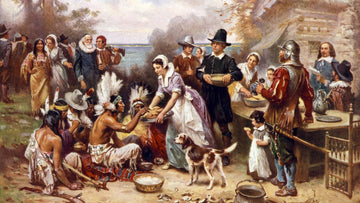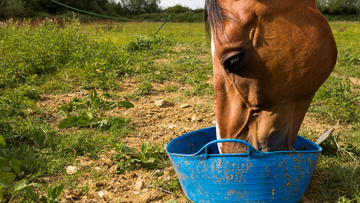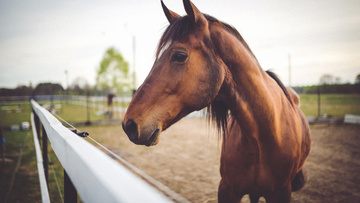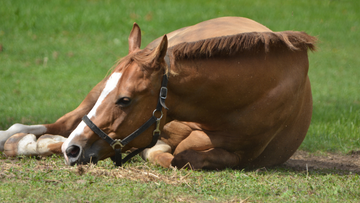Thanksgiving.
The second-most celebrated holiday in The United States and one of the most recognizable holidays throughout the World is grounded by a simple principle; giving thanks.
American Origins
As many of us learned in grade school, Thanksgiving was started as a celebration between the European pilgrims and the Wampanoag Native American tribe. According to History.com, in 1620 the pilgrims had arrived in Cape Cod and suffered from lack of food and scurvy throughout the winter – with approximately half of the original 102 pilgrims perishing before spring. Upon meeting an English-speaking Abenaki Native American, the pilgrims began learning how to take care of themselves in this new land with the help of Squanto.
By teaching them to grow corn, harvest maple syrup, catch fish, avoid poisonous plants, and form an alliance with the local Wampanoag tribe, Squanto gave the pilgrims a fighting chance.
 In the fall, the pilgrims and Native Americans celebrated the harvest with a three-day feast, serving waterfowl, deer, lobster, and seal. According to History.com, the lack of processed sugar meant there were no Thanksgiving pies to be seen, and the dishes were likely prepared using traditional Native American spices and cooking methods.
In the fall, the pilgrims and Native Americans celebrated the harvest with a three-day feast, serving waterfowl, deer, lobster, and seal. According to History.com, the lack of processed sugar meant there were no Thanksgiving pies to be seen, and the dishes were likely prepared using traditional Native American spices and cooking methods.
Thanksgiving made several appearances throughout early American history. In 1789 George Washington has issued a Thanksgiving proclamation, calling for Americans to express their gratitude for the country’s independence and approval of the U.S. Constitution. Following Presidents Adams and Madison echoed the sentiment, but it was President Abraham Lincoln who solidified it as a national holiday in an effort to unify the North and South.
Worldwide Similarities
While Thanksgiving is touted as an American holiday, its meaning is universal and several cultures around the World host similar celebrations.
Prior to sailing across the Atlantic Ocean, European Separatists and Puritans practiced fasting before days of feasting and celebration to thank God in times of plenty.
Ancient Egyptians, Greeks, and Romans also feasted and paid homage to the Gods following the fall harvest. Thanksgiving also resembles the Jewish harvest festival called Sukkot. According to History.com, there is also evidence that Native Americans celebrated fall harvest with feasting prior to European involvement.
Grounded by Gratitude
In November 1956, Thomas Monson told the story of Gordon Green’s Thanksgiving experience as a child in Reader’s Digest. The text was titled “The Thanksgiving I Don’t Forget.” While this is an extremely abbreviated version, it shows the very purpose of Thanksgiving. Green lived on a farm with his siblings in Canada and worked hard on the farm while other children participated in extracurriculars. Their father wanted them to understand the value of the things they had, and the siblings took inventory of every animal, canned good, garden vegetable, and crop. Green said it was to show them how richly God had blessed them and their family.
On Thanksgiving, they would gather for a memorable feast their mother made. But, Green said the most impactful Thanksgiving was the one where they arguably had the least to celebrate.
Electricity had become widely available to the town that year, and Green’s family was able to purchase a washing machine and lamps for the house. Gone was the tedious hand washing and oil lamps.
On the farm, the year had started well, but heavy rains beat down their crops repeatedly, and they were forced to sell their animals for a fraction of their worth. When Thanksgiving rolled around, all they were able to harvest were turnips, and they had no animals to their name. His mother, dejected, said they may as well forget about Thanksgiving this year. Green’s father hunted a jackrabbit and brought it home for the Thanksgiving meal.
When the table was set with the jackrabbit and turnips, everyone was heartbroken, thinking of the plentiful Thanksgivings in years prior. Seeing this, Green’s father went into the attic and brought down an oil lamp. Turning off the electric lamps, he and his family sat in the oil lamp glow around the dinner table. Their perspective shifted, and Green said “In the humble dimness of the old lamp we were beginning to see clearly again. … It [was] a lovely meal. The jackrabbit tasted like turkey and the turnips were the mildest we could recall. [Our] home …, for all its want, was so rich [to] us.”






















